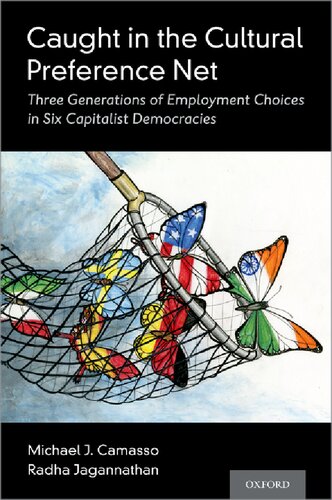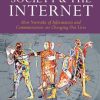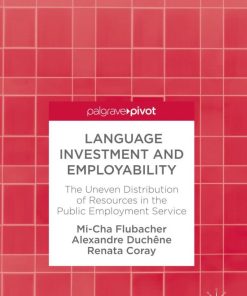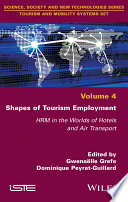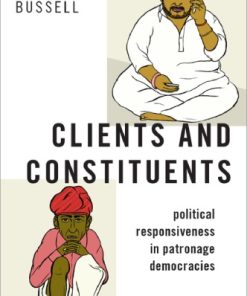Caught in the Cultural Preference Net: Three Generations of Employment Choices in Six Capitalist Democracies Michael J. Camasso And Radha Jagannathan
$50.00 Original price was: $50.00.$25.00Current price is: $25.00.
Caught in the Cultural Preference Net: Three Generations of Employment Choices in Six Capitalist Democracies – Ebook Instant Download/Delivery ISBN(s): 9780190672782,9780190672805,9780190672812,0190672781,0190672803,0190672811
Product details:
- ISBN 10: 0190672803
- ISBN 13: 9780190672805
- Author: Michael J. Camasso, Radha Jagannathan
How big of a role have national cultures–the collection of values, beliefs, attitudes and preferences–played in the formation of social and economic identities? If substantial, can these identities impact work related attitudes and impact personal decision as specific as the preferred type of job or even the choice of seeking employment at all? At a time when Millennials and Generation Z’ers are facing prodigious employment challenges, it is more timely than ever to examine the ways culture, especially cultural transmission from older to younger generations facilitate (hinder) influence labor force attachment and even the work ethic itself. Caught in the Cultural Preference Net examines work-related beliefs, attitudes and preferences that characterize the value orientations of three generational families in Germany, Sweden, Spain, Italy, India and the United States. These six countries have developed significantly different forms of capitalism ranging from the social democratic form in Sweden to the relatively unfettered, free market capitalism in the United States. Michael J. Camasso and Radha Jagannathan investigate whether these cultural and economic contexts have resulted in enduring attitude and preference structures or if these values and preferences have been changing as economic conditions in a nation have changed. These two experts focus a great deal of their attention on the roles that parents and grandparents have in socializing Millennials into the world of work and if this influence trumps the often competing influences of education, labor market and peers.The book is organized around three lines of inquiry: (1) Do some national cultures possess value orientations that are more successful than others in promoting economic opportunity? (2) Does the transmission of these value orientations demonstrate a persistence irrespective of economic conditions or are they simply the results of these conditions? (3) If a nation’s value orientation does indeed impact economic opportunity, does it do so by influencing an individual’s preferences? To answer this third question, Camasso and Jagannathan conduct a cross-national, multi-generational stated preference experiment–one of the very few ever attempted.The resulting book reveals substantial cultural stability across generations in some of the six capitalist democracies and substantial intergenerational change in others. The implications of this differential impact for national employment strategies are explored as are the implications for a global economy distinguished by abundant, well-paying service jobs for youth.
Table contents:
1. Cultural Orientations and Economic Outcomes
2. The Prominence of Culture in Economic Decisions
3. Human Capital and Labor Supply
4. Skill Shortages, Skill Gaps, and Labor Demand
5. Investigating the Cultural Transmission of Economic Values: Survey and Sampling Methods
6. Attitudes, Beliefs, Intentions, and Metaphors Over Time and in Place: Description and Analysis
7. National and Intergenerational Similarities and Differences in Stated Preferences
8. Cultural Preference Nets: The Good, Not So Good, and Just Plain Dysfunctional
People also search:
caught in the net documentary
caught in the net full documentary
caught in the net 2020
caught in the net netflix
is caught in providence on netflix
You may also like…
Poetry - American Poetry
Politics & Philosophy
Politics & Philosophy
Business & Economics
Shapes of Tourism Employment: HRM in the Worlds of Hotels and Air Transport 1st Edition
Politics & Philosophy - Social Sciences
Jurisprudence & Law - Labor Law
Business & Economics - Management & Leadership


